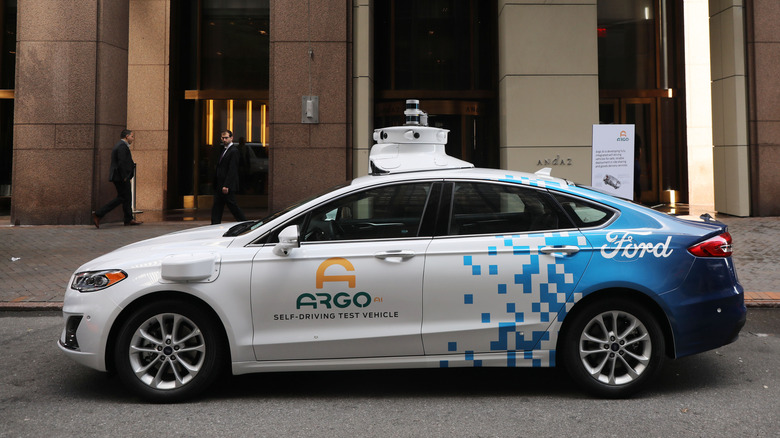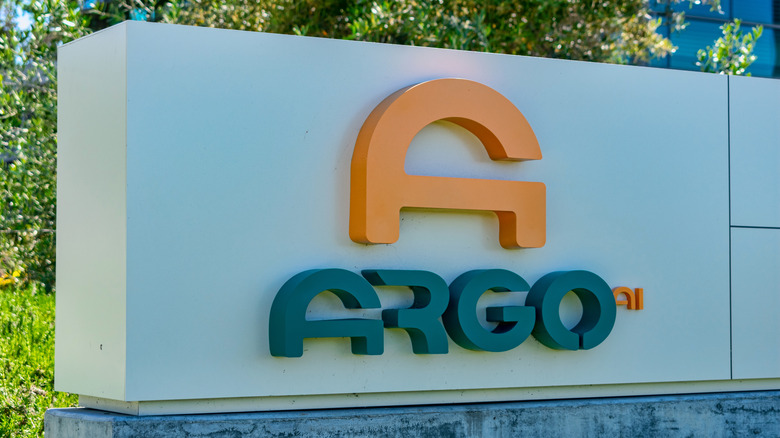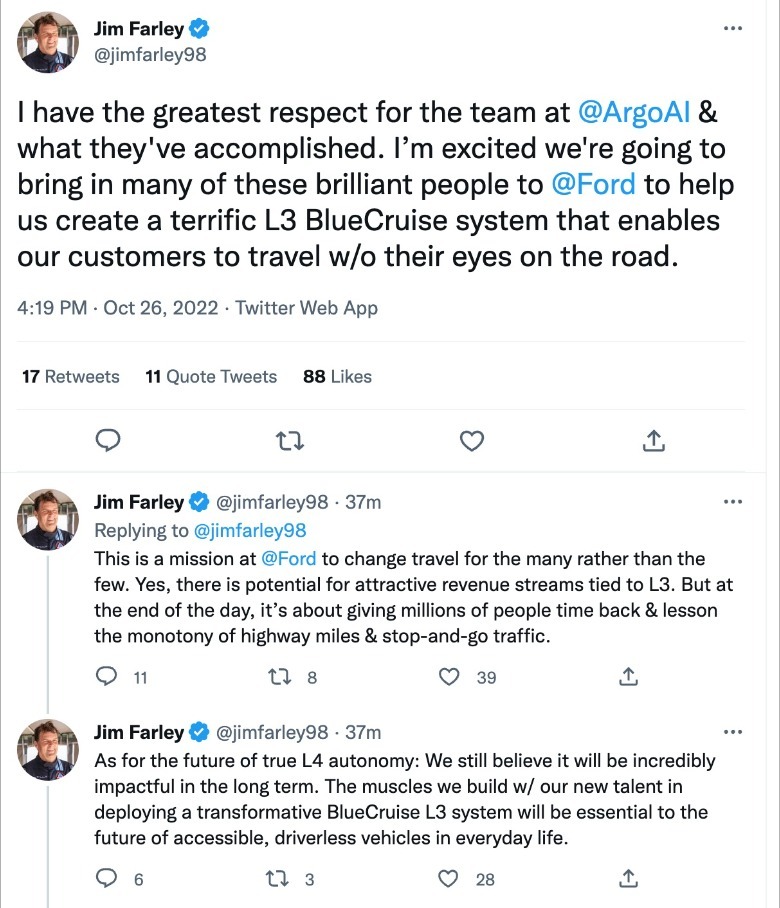Ford And VW Pull Plug On Argo AI Autonomous Driving Company
Autonomous driving research has made great strides in recent years. Enhanced driver assistance features like Ford's BlueCruise, General Motors' Super Cruise, and Tesla's much maligned "Full Self-Driving" systems are showing up in new models regularly. It only makes sense that automakers are dumping tons of money into research, particularly since autonomous driving has the potential to not only assist drivers on the road in avoiding accidents, but applied in secondary roles like taxis and shuttle buses. Just how soon it will be market-ready, however, has been a topic of some controversy, and now one of the biggest names, Argo AI, is getting shut down.
Argo AI was started in 2016, and secured a $1 billion investment from Ford the following year. Volkswagen joined the party in 2020, in a $2.6 billion agreement. The company, aided by money from some of the biggest automakers in the world, focused on autonomous driving and used Ford Fusions, Ford Escapes, and VW ID. Buzz vehicles as platforms to test AI-assisted autonomous driving on public roads in the U.S. along with select locations in Europe. Multiple billions in funding and six years later, though, Ford confirmed in an earnings report that Argo AI will be no more. TechCrunch had earlier reported the news, from details shared by company staff from an all-hands meeting at Argo AI.
Self-driving cars are still far away
Jim Farley, the CEO of Ford, confirmed the news in a tweet thread today. He also said that both Ford and Volkswagen will absorb some former Argo AI employees into its respective teams.
According to Ford, Argo AI was not able to attract very many new customers to make the investment worthwhile, and the goals of actual self-driving cars are too lofty for now to fully invest in. Ford initially wanted level four autonomous vehicles in 2021. "But things have changed," Farley added in the earnings report, "and there's a huge opportunity right now for Ford to give time – the most valuable commodity in modern life – back to millions of customers while they're in their vehicles."
Continuing on, he said: "It's mission-critical for Ford to develop great and differentiated L2+ and L3 applications that at the same time make transportation even safer. We're optimistic about a future for L4 ADAS, but profitable, fully autonomous vehicles at scale are a long way off and we won't necessarily have to create that technology ourselves."


